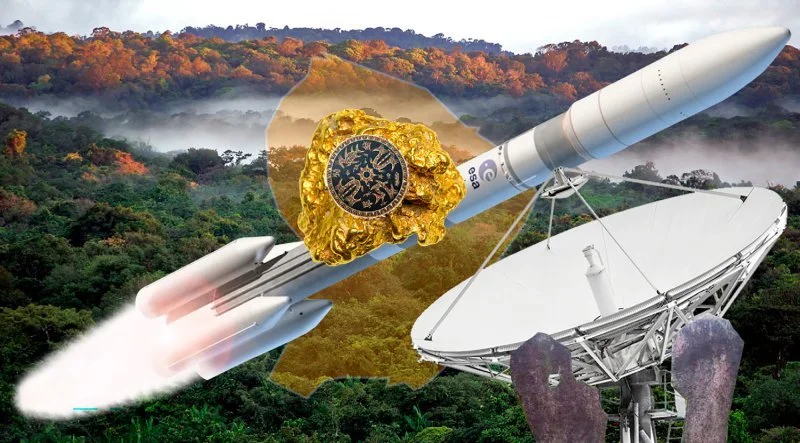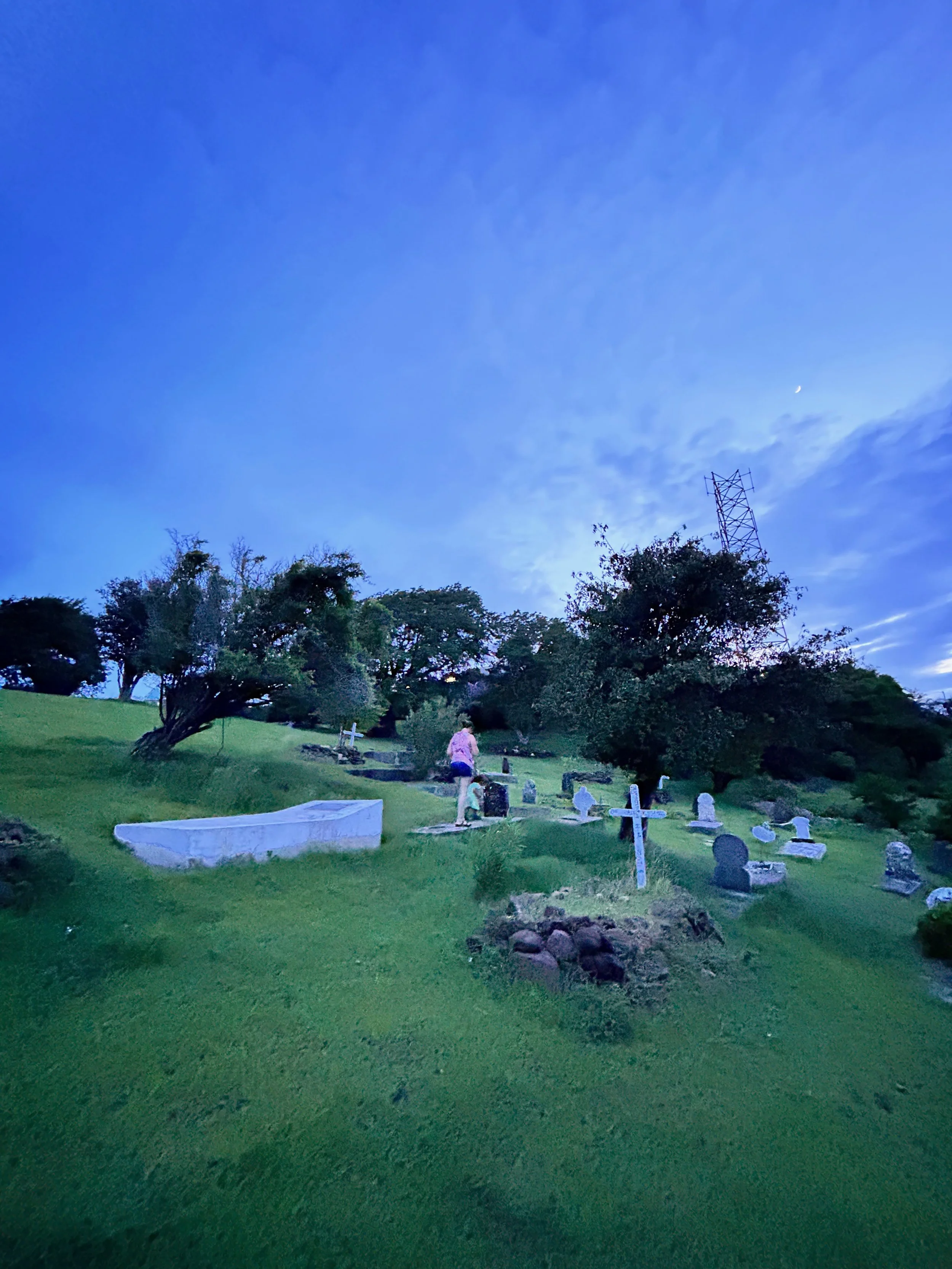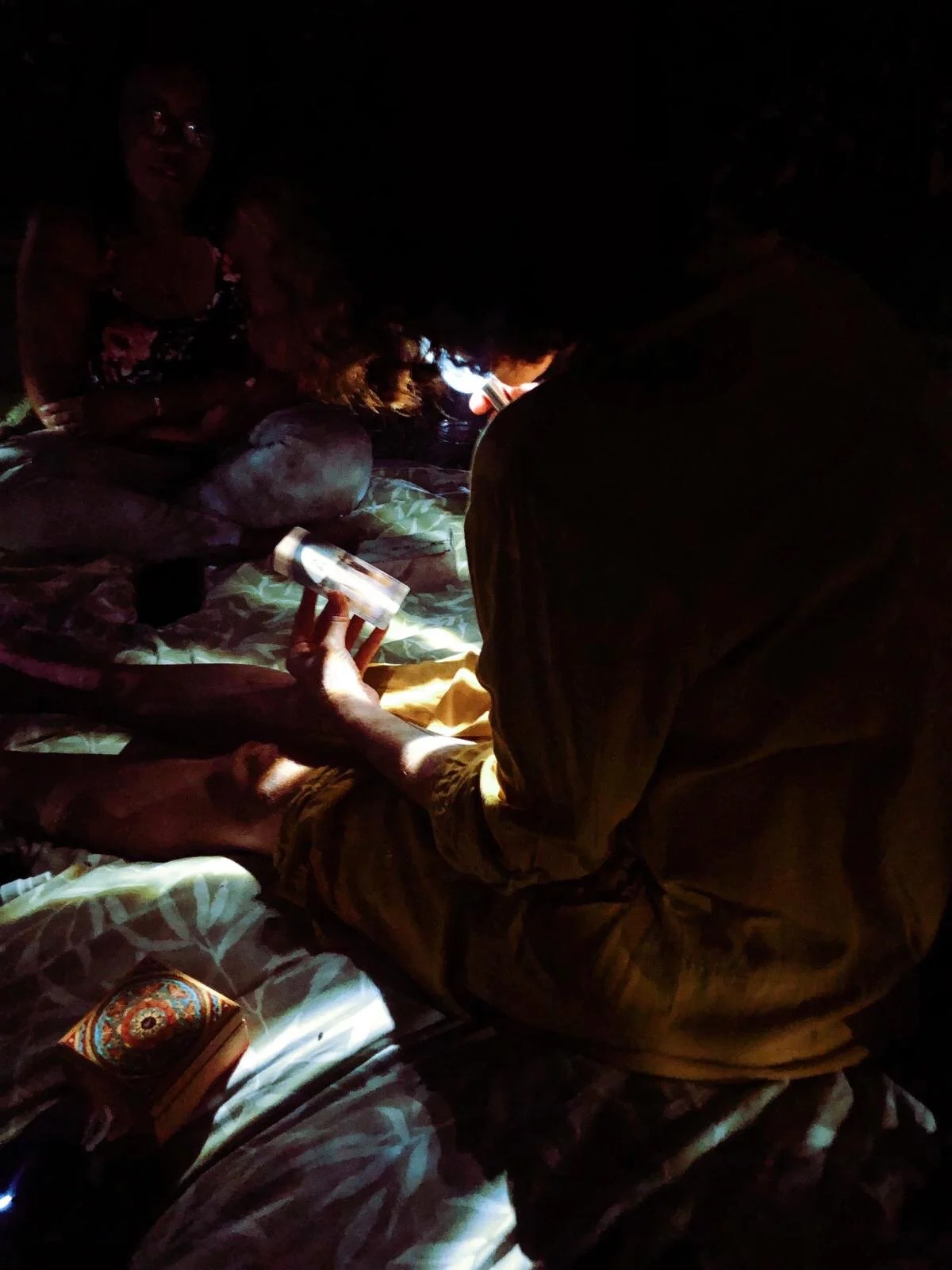This writing explores Des/astres (2024) by Tabita Rezaire as a cosmotechnical installation rooted in African and Indigenous epistemologies. Through the symbolic force of the calabash and the spatial practices of rest and ritual, Rezaire enacts a decolonial, pluriversal pedagogy in which ancestral technologies reconfigure knowledge, time, and the cosmic order. The full essay is printed in WMW NOW #1: Tabita Rezaire, published by KHM-Museumsverband, Vienna, Austria.
Read MoreThis is the first instalment of a two-part post under the Shared Island Stories initiative, supported by the School of Art History at the University of St. Andrews in Scotland, which explores ways in which to build collaborative tools to inform case studies in support of the project “Sacred Space and Social Memory: Interrogating Co-becoming in Community-Based Practices in the Grenadines and the Isle of Skye.” Funded by UK Research and Innovation (UKRI) with project reference: EP/X023036/1. Many thanks to Janine Mendes Franco and Skye Hernandez for the editing assistance and publishing on Global Voices ‘The Bridge.’
Read MoreCurator and spiritist Holly Bynoe reflects on the expansion of Obeah, a belief system of the Caribbean Black communities, and its relationship with women and their ancestral heritage to continue exercising care in the face of colonial extermination.
Read MoreThis is a project that wasn’t realized.
It sat in the walls of the museum for weeks before it found its home elsewhere.
It was uncomfortable in space.
It was the one of many orphaned to the institution, yet it is still sounding,
resounding.
A warning and a battle cry.
Bodies are no longer held in check, here they run...they make noise and are unafraid.
Bothriochloa pertusa or Barbados sour grass was introduced into the region as pasture and grazing options for livestock. This is a plant with polarity and duality, being steadfast in its uprightness during each dry season, yet extending the structure underground to help reduce soil erosion once rainfall returns to the parched territories. Barbadian artist, Annalee Davis, finds this plant underfoot during her morning walks and connects it to the remediation of the land and the quiet revolution that is happening within the internal landscape.
Read MoreOpacity is not transparency. Opacity is not an imposition from the West. Instead, it is an inward turning engagement with self, a knowing that allows space and being to be rendered with the past, present and future simultaneously.
Read MoreIn 2010 the lesson was death.
I inherited the gift of ARC through death.
It emerged from ash, from the salt and body of life, to find its own breath, colour and witness.
And now, it returns to ash.
In her solo exhibition ‘...there are always two deaths’ Tessa Whitehead speaks towards the landscape, violence, cycles of life and the inner workings of nature in conjunction with the sacred feminine. This writing takes us into her world of myth, magic, family trees, secrets and transformations.
Read MoreStorytelling, mythology and ritual are at the heart of Lavar Munroe’s practice. The narrative arc of ‘Son of the Soil’ parallels Joseph Campbell’s ‘Monomyth’, where the hero embarks on an adventure, finds mentorship and hones in on skills while sinking ever deeper into the abyss, until he is sharpened in the darkness to ascend from the unknown realm of spirit with new gifts. How does one learn from the hard lessons of the loss we encounter during the hero’s return? Here, the cycle is exposed, articulated and formed.
Read MoreIn a place like The Bahamas—and the wider Caribbean—the omnipresent cultural amnesia connected to slavery lingers and permeates the very essence of how we come to know ourselves. In this essay, I write about Scottish artist Graham Fagen’s ‘The Slave’s Lament’ and the counter-discourse amongst postcolonial Bahamian artists and thinkers who contest, poetise and extend charged narratives in multifocal and dynamic ways.
Read More‘Traversing the Picturesque: For Sentimental Value’ is a historical survey that includes works produced from 1856-1960 by visiting artists and expatriates to The Bahamas, who were inspired by the then colony’s landscapes, people, luminescence, coastlines, seas and bustling lifestyles. In this overview, I detail how the birth and development of colonialist imagery continues to have a long-standing and far-reaching impact on the global continuation of the iconographic status of The Bahamas as a haven, a place of respite and paradise.
Read More










